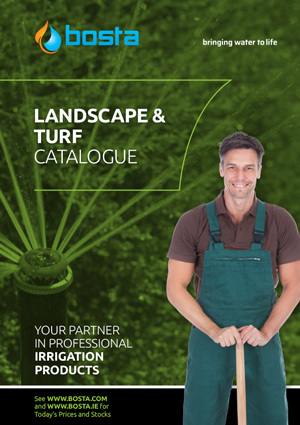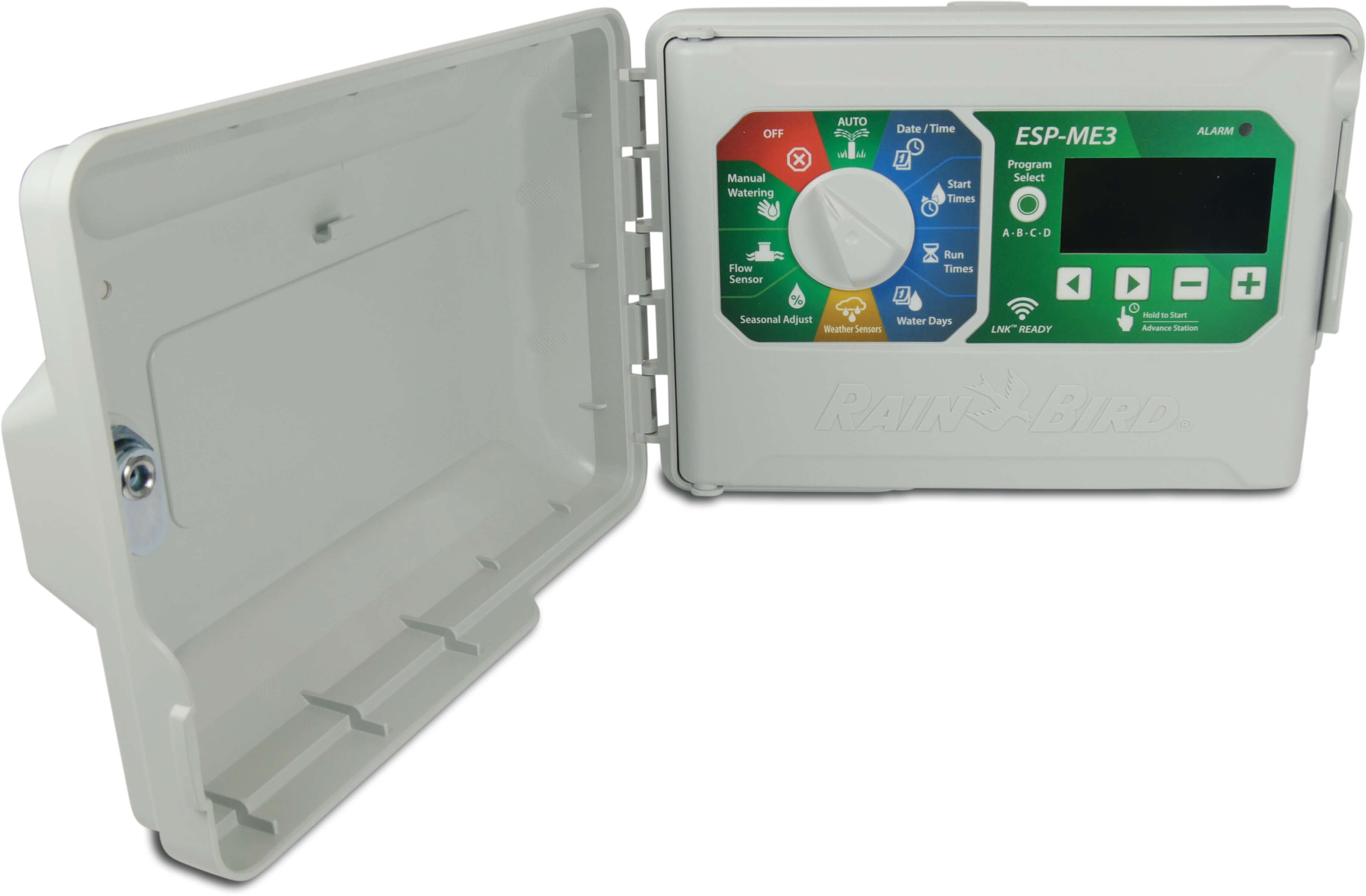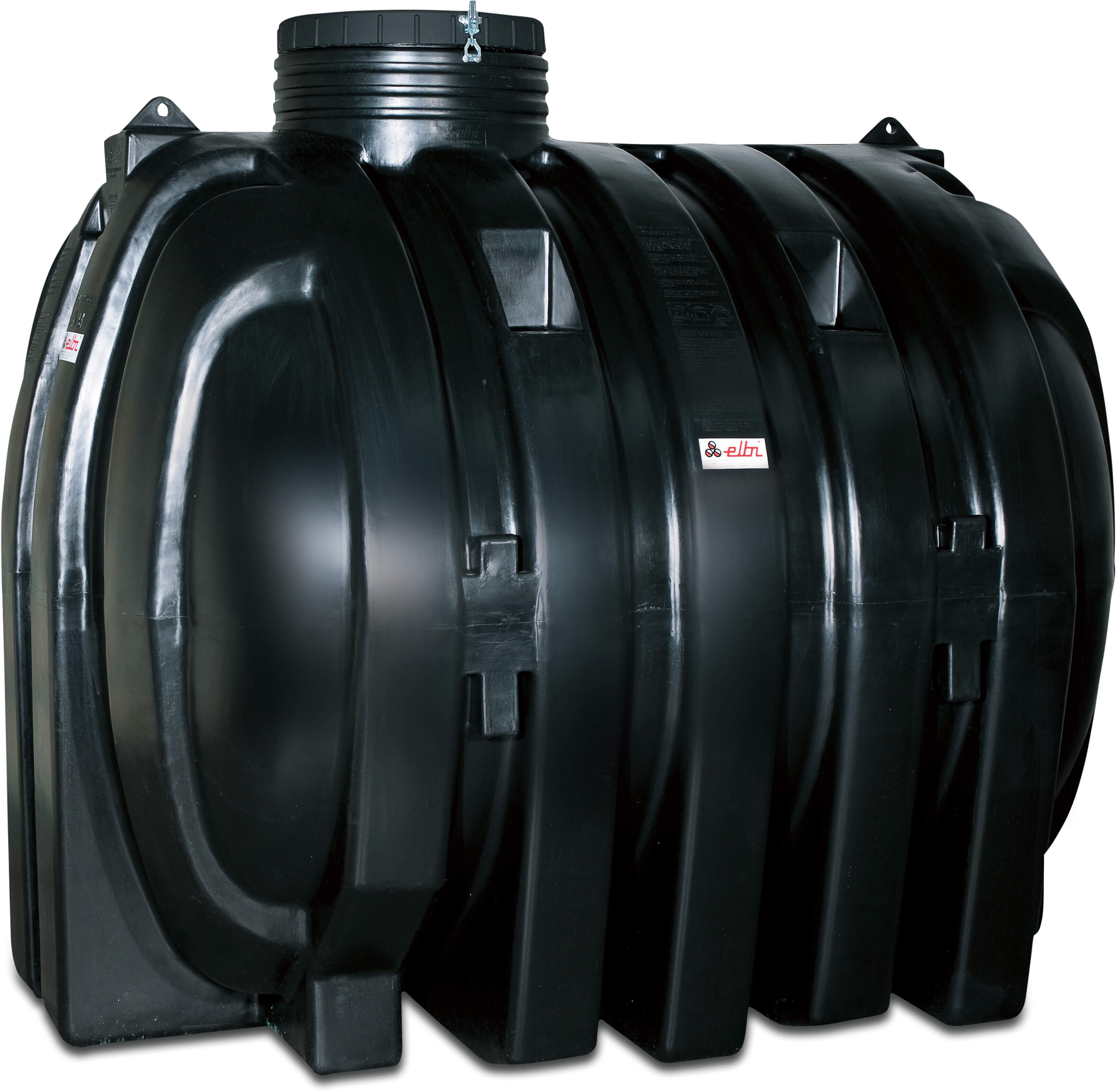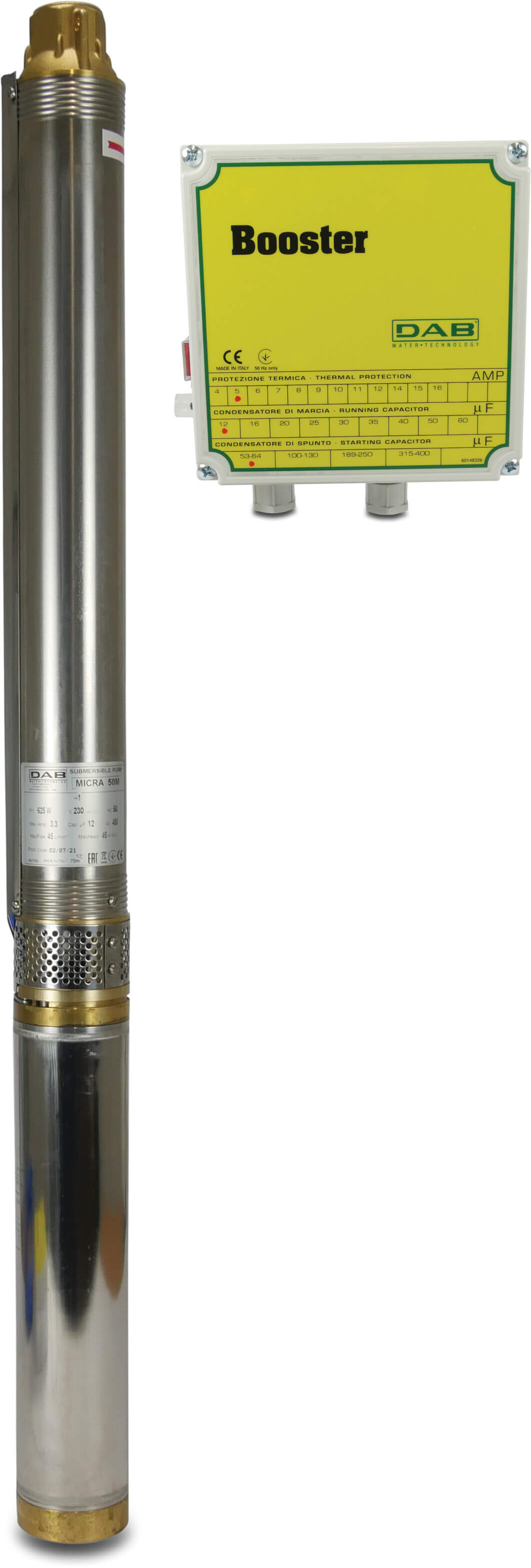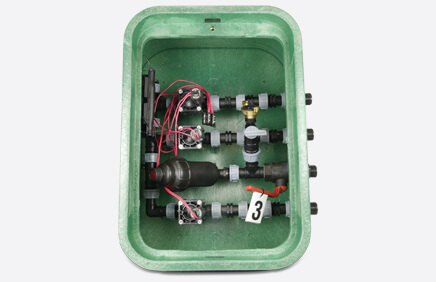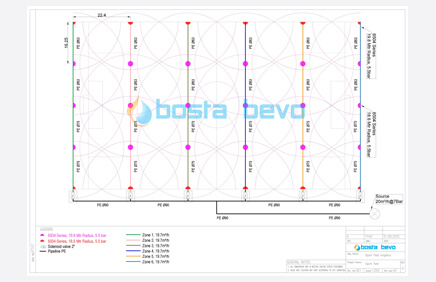One supplier for your sports field irrigation solutions!
Irrigation helps to maintain a consistent playing surface by ensuring that the grass is evenly hydrated. This means that the ball will roll more consistently, and players will be able to move more easily on the field, so the risk to injury is reduced. Regular irrigation helps maintain the quality of the turf by providing the necessary moisture to the roots of the lawn. This results in a healthier, greener and more resilient playing surface that is better able to withstand heavy use and wear.
Automatic irrigation for sports fields (football fields, tennis courts, baseball fields and many more)
Automated irrigation systems for sports fields can be designed to deliver the right amount of water at the right time to promote healthy grass growth and prevent over- or under-watering, which can negatively impact the playing surface. Automated irrigation systems can also help conserve water by avoiding unnecessary watering and ensuring that water is applied only where it is needed. Automated irrigation systems can play an important role in promoting the safety of athletes who use sport fields. Different types of irrigation systems have different water delivery rates and patterns. Choose a system that can deliver water uniformly and at the right rate for the specific sport field. Also, consider factors, such as wind direction, sun exposure, and temperature, when designing the irrigation system. Our experts are happy to advise you on-site regarding the necessary components and according to your requirements. All sprinklers, couplings, pipes, and other accessories will be delivered to you according to your individual requirements.
Hunter & Rain Bird valve boxes
Our valve boxes are suitable for 3 or 4 zones. Expand the valve boxes to as many zones as you want by simply connecting a t-piece on the supply side of the box to connect to another valve box. To create a zone for a dripline, simply replace a valve with a pressure-regulating filter.
Cost effective irrigation systems
Irrigation systems can be programmed to water the field during off-peak hours, which can help reduce water usage and costs. This makes irrigation a cost-effective solution for maintaining sports fields. As project partner, we work with our customers throughout every state of the process. Please let us know the details of your requirements and our irrigation specialist will contact you at short notice. We accompany your project from the planning to the installation and maintenance of your systems.
Environmentally friendly
Irrigation systems can be designed to be efficient and environmentally friendly, using only the necessary amount of water and reducing the risk of water waste. This helps to conserve water resources and reduces the impact on the environment. Find out more about our three CSR pillars and sustainable products.

